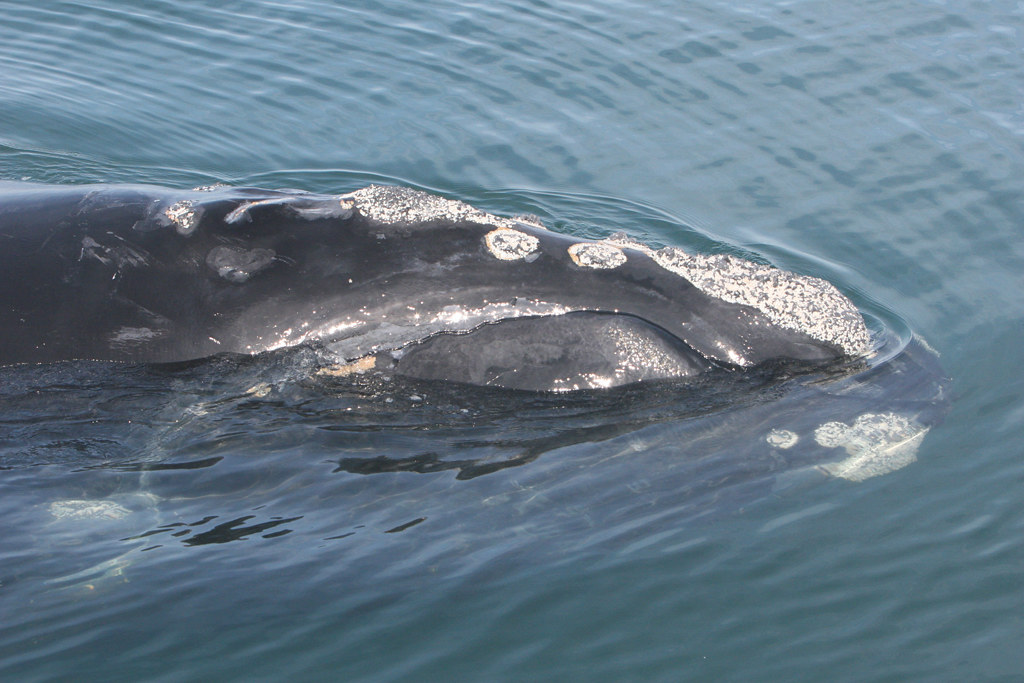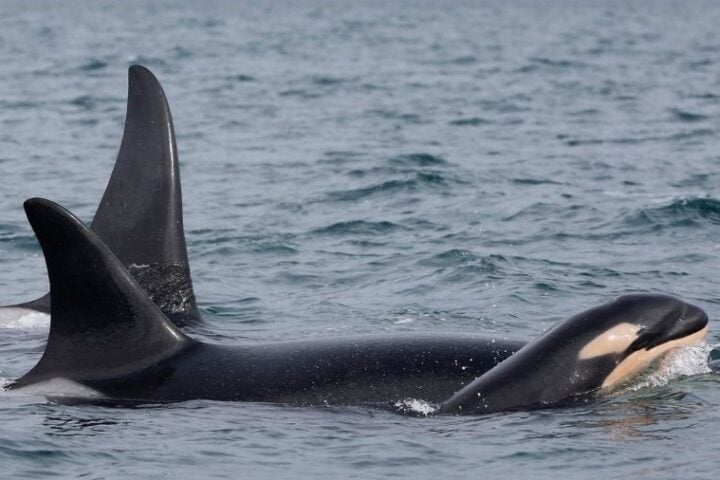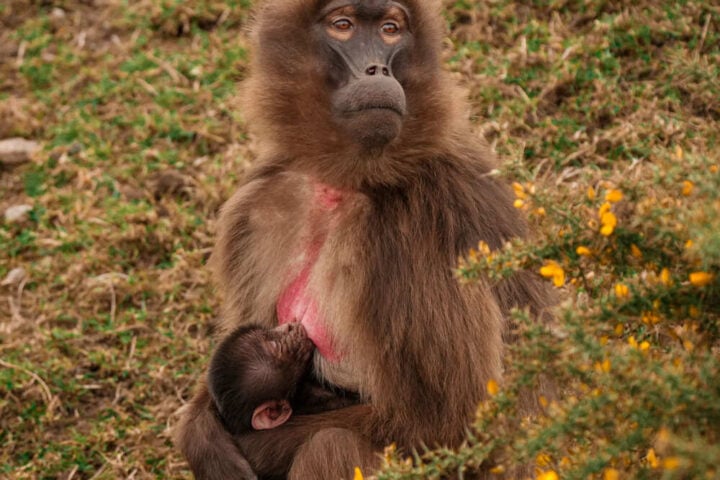North Atlantic right whales should live well beyond 100 years, but their average lifespan has dropped dramatically to just 22 years, according to recent research published in Science Advances. This stark decline threatens the survival of these endangered marine mammals, with only 370 individuals remaining in the wild.
“North Atlantic whales have unusually short lifespans compared to other whales, but this isn’t because of intrinsic differences in biology, and they should live much longer,” says Greg Breed, a biology professor at the University of Alaska Fairbanks who led the study. The research revealed that while closely related Southern right whales typically live to 74 years, with some reaching 130 years, their North Atlantic cousins are dying decades earlier due to human activities.
The dramatic lifespan reduction stems from three main threats: ship strikes, entanglement in fishing gear, and climate change. These challenges have created what Scott Kraus, research scientist emeritus from New England Aquarium, describes as “a four-alarm fire” for the species’ survival.
The impact extends beyond individual deaths. Female North Atlantic right whales begin reproducing at 10-12 years old and only give birth every three to five years. With most whales dying young, the population loses crucial cultural knowledge passed down through generations. As Breed explains, “Older individuals teach survival skills. Younger animals learn by observing and copying the strategies of the older ones.”
Similar Posts
Historical context deepens understanding of the crisis. The last time any North Atlantic right whale reached its natural lifespan was likely around 1700 or 1800, during the peak of commercial whaling. Breed notes that surviving to 150 years became “nearly impossible” as intense whaling decimated the population.
These whales do more than just swim in our oceans. They help keep the waters healthy in a surprising way – their waste feeds tiny sea creatures that fish eat. This makes whales important for fishing businesses too. As Kraus puts it simply, “It’s basically a battle between short-term and long-term benefits.”
Efforts to save these whales over the last 30 years haven’t worked well enough. Scientists say we need to do more. They want stricter rules about fishing and shipping. There’s hope though – the U.S. government has set aside $82 million to help protect marine life.
But saving these whales won’t be quick or easy. “Recovery might take hundreds of years,” says Breed. He explains why: these whales can live to 100 years or more, but they only have one baby every 10 years or so.
We need to act now to save these whales. If we don’t, we could lose them forever. That would hurt not just the whales, but the whole ocean ecosystem they help keep healthy.







![Representative Image: European Starling [49/366]. Photo Source: Tim Sackton (CC BY-SA 2.0)](https://www.karmactive.com/wp-content/uploads/2025/04/Starlings-Drop-82-in-UK-Gardens-as-Birdwatch-2025-Reveals-Record-Low-Count-Since-1979-720x480.jpg)










